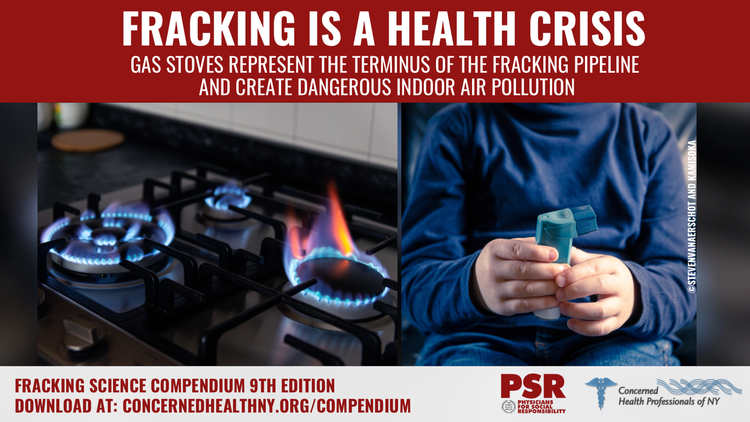Dr. Sandra Steingraber @ssteingraber1:
Friends! TOMORROW 11-1, 2 pm EDT please join Texas activist Ranjana Bhandari @Ranjana_LA of @LivablArlington and me for a webinar on the findings of the fracking science compendium, 9th ed.
Register: https://lu.ma/lkwg1y7c
Especially for frontline communities; open to all.
Hosted by @RyanClover of @halttheharm and @SEHNetwork
| By Carmi Orenstein, Editor, Volume 28 (9), October 2023, Science and Environmental Health Network |

| From the ninth edition fracking science Compendium Summary of Findings:[T]he vast body of scientific studies now published on hydraulic fracturing in the peer-reviewed scientific literature confirms that the public health and climate risks from fracking are real and the range of environmental harms wide. Our examination uncovered no evidence that fracking can be practiced in a manner that does not threaten human health directly or without imperiling climate stability upon which human health depends. The rapidly expanding body of evidence compiled here is massive, troubling, and cries out for decisive action. Across a wide range of parameters, the data continue to reveal a plethora of recurring problems that cannot be sufficiently averted through regulatory frameworks. The risks and harms of fracking are inherent in its operation. The only method of mitigating its grave threats to public health and the climate is a complete and comprehensive ban on fracking.Indeed, a fracking phase-out is a requirement of any meaningful plan to prevent catastrophic climate change. Released on October 19, 2023, the ninth edition of the fracking science Compendium provides the data and the evidence policy makers and frontline communities need to help facilitate that urgent phase-out. Concerned Health Professionals of New York (CHPNY) a program of SEHN, compiles, writes, and publishes this vast report with Physicians for Social Responsibility. We have once again updated and expanded this compilation to include even more tentacles of the harmful energy system that the fracking boom of the recent decade and a half has enabled. From policymakers to climate organizers, from elected officials to physicians, and from labor leaders to environmental justice activists, many of our readers urgently need organized, searchable, and up-to-the minute evidence on the risks and harms of fracking and all its accompanying infrastructure, including pipelines, gas-fired power plants, compressor stations, liquefied natural gas (LNG) terminals, and flare stacks. We provide that. And now for the first time, the Compendium also includes a compilation of studies on the indoor air quality and health impacts of gas appliances. We hope this new topic area will assist those who are working to facilitate the transition to all-electric buildings. Having this data in hand helps us all speak truth to power, especially as we attempt to work with governments (local, state, and national) that generally preclude in their policymaking—with significant exceptions—the Precautionary Principle. The online document is yours to browse, study, excerpt, share, quote, and print (apologies for that expense, at 637 pages), heave into your bag and possibly drop onto your representative’s desk. Please use the contents of the fracking science Compendium to write editorials to your local newspaper, for Facebook posts, TikTok scripts, and letters to your elected officials. Let it inform your testimony at public hearings and your remarks during public comments sessions. Incorporate it into your curricula. Share it with your faith community. Continue Reading |
